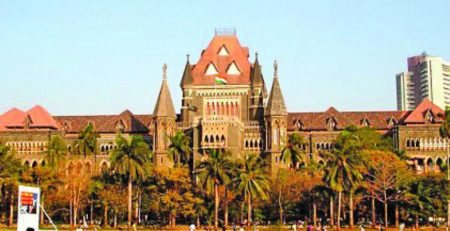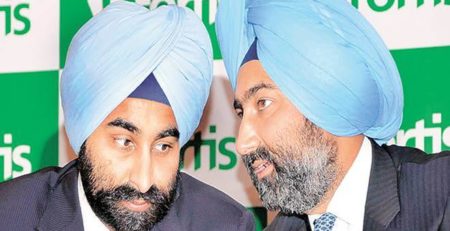At a high-end society bash, amongst the chatter, I couldn’t help but overhear a group of socialite ladies nearing their 30’s.
Can you suggest a good gynaecologist? Who do you think is more accessible on Whatsapp? How about the hospital? Do you think I could fit in both sets of my family – parents and in-laws in the waiting suite, attached to the birthing room?
The dilemma of a newly pregnant lady discussing her due date, and how she wants everything planned.
It doesn’t matter if the doc didn’t suggest a c-sec. Atleast it will save the pain, and of course, not to forget the commercial element that the hospital offers always welcoming such patients.
These days patients choose the doctor, not by their skill or knowledge, but by hearsay.
Negligence is a breach of a legal duty. It means carelessness in a matter in which the law mandates carefulness. A breach of this duty, gives a patient the right to initiate action against such a negligence.
Medical negligence is punishable under various laws, such as Torts, Indian Penal Code, Indian Contract Act, as well Consumer Protection Act, etc. Medical negligence is a misconduct by a medical practitioner, by not providing enough care, resulting in breach of their duty, and harming the patients, who are the consumers in this case.
Medical negligence often costs the patients dearly – sometimes patients end up losing their lives.
In the case of State of Haryana vs. Smt Santra, AIR (2000) SC 3335, the Supreme Court held that every doctor, has a duty to act with a reasonable degree of care and skill.
Did you know doctors are not liable for their services individually, or vicariously if they do not charge fees. Thus, free treatment at a non-government hospital, government hospital, dispensary, health centre, or nursing home, would not be considered a “service” as defined under Section 2 (1) (o) of the Consumer Protection Act, 1986.
The burden to prove negligence, however, is on the patient. A doctor can be held liable only if one can prove that she/he is guilty of a failure that no doctor with ordinary skills, would be guilty of acting with reasonable care. In the case of Dr.Laxman Balkrishna Joshi vs. Dr.Trimbak Bapu Godbole, AIR (1969) SC 128, the Hon’ble Supreme Court held that if a doctor has adopted a practice that is considered “proper”, by a reasonable body of medical professionals, who are skilled in that particular field, he/she will not be held negligent, only because something went wrong. The principle of “res ispa loquitur” or “the thing speaks for itself”, can be invoked by the complainant. The Hon’ble National Consumer Disputes Redressal Commission applied this principle in the case of Dr.Janak Kantimathi Nathan vs. Murlidhar Eknath Masane, 2002 (2) CPR 138.
Medical negligence under the criminal act of IPC 1860, Section 304A states that whoever causes the death of a person, by a rash or negligent act not amounting to culpable homicide, shall be punished. On the contrary, under Section 88, a person cannot be accused of an offence, if he/she performs an act in good faith, for the other’s benefit, does not intend to cause harm, even if there is a risk, and the patient has explicitly or implicitly given consent.
Have questions? Contact us.











